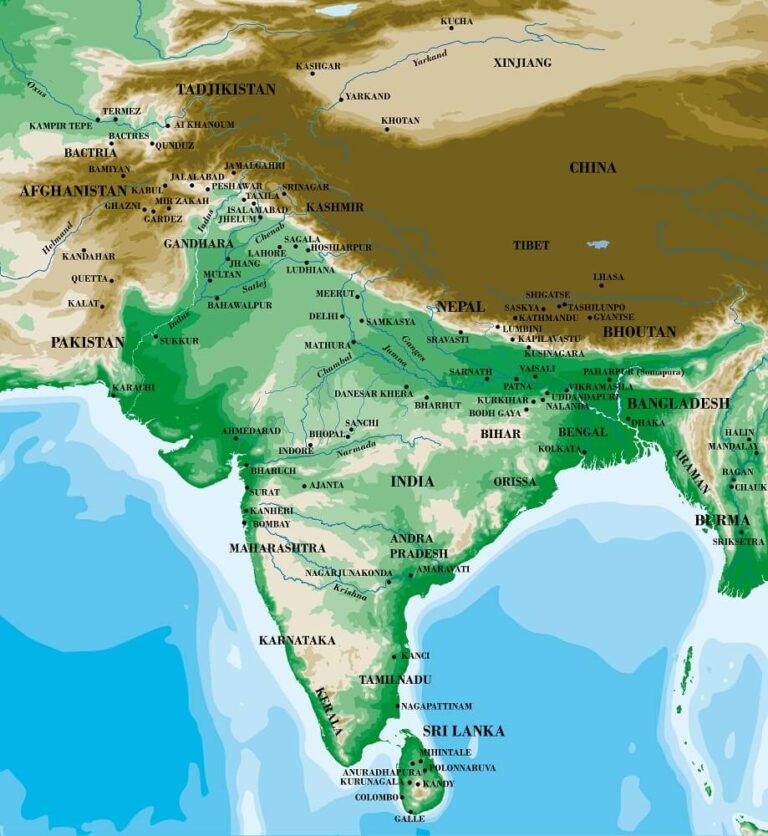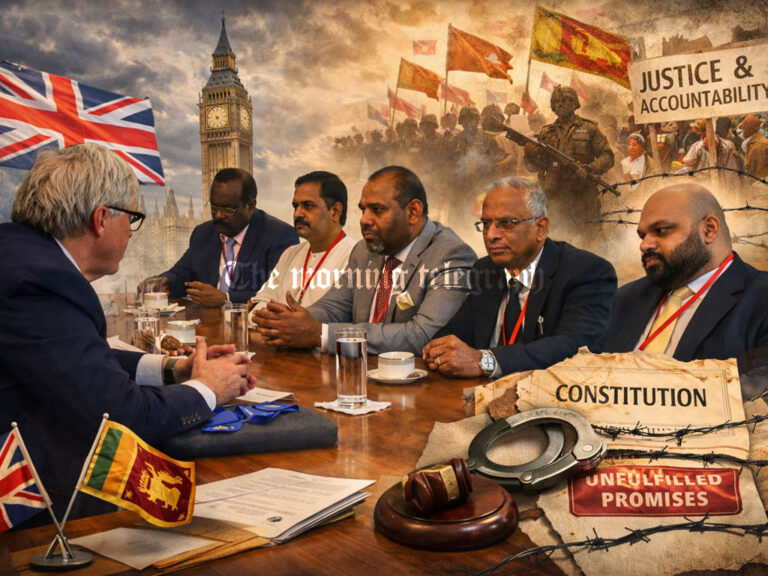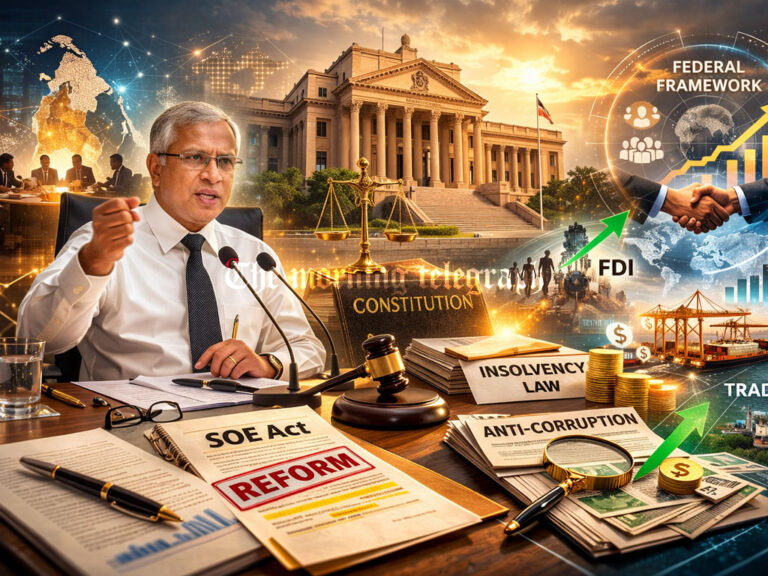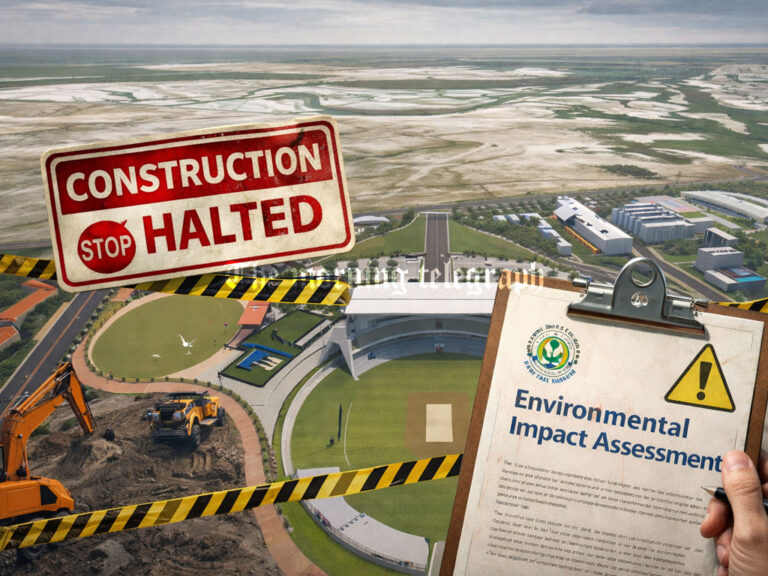
(COLOMBO) – Sri Lankan President Ranil Wickremesinghe said on Wednesday that the island-nation was committed to maintaining a strategic position aimed at ensuring the absence of major power rivalries and upholding freedom of navigation in the Indian Ocean.
Wickremesinghe was speaking at the Pathfinder Indian Ocean Security Conference phase III held in Colombo on Wednesday.
Sri Lanka’s commitment to freedom of navigation has prompted the country to engage in operations as guardians of prosperity in the Red Sea, Wickremesinghe said.
He underscored the significance of the Suez Canal, particularly evident during the Six-Day War when its closure for ten years negatively impacted the Colombo port, stressing the necessity of ensuring unrestricted navigation.
President Wickremesinghe also highlighted emerging issues, including security concerns in the undersea domain, prompting a reassessment of approaches.
He expressed the belief that the future lies in the Indian Ocean, stressing the importance of understanding Sri Lanka’s role within the broader Indo-Pacific framework. The President noted that the dynamics of the Indo-Pacific, originating from post-World War II arrangements such as the San Francisco system and the Shanghai communiqué, have evolved, leading to questions about the country’s positioning and potential involvement in regional conflicts.
Sri Lanka adamantly opposes the idea of confining the Indo-Pacific to India’s western boundary, stressing its wider territorial concerns that stretch to the African coast, Wickremesinghe said. This stance diverges sharply from China’s expansive outlook, prompting scrutiny into the underlying motives and potential repercussions of these contrasting approaches.
Emphasizing the importance of embracing the Indian Ocean’s identity and historical significance, the Sri Lankan leader advocated for cooperation among major powers rather than competition. He outlined Sri Lanka’s vision for the region as a hub for economic growth extending beyond India to Africa.




